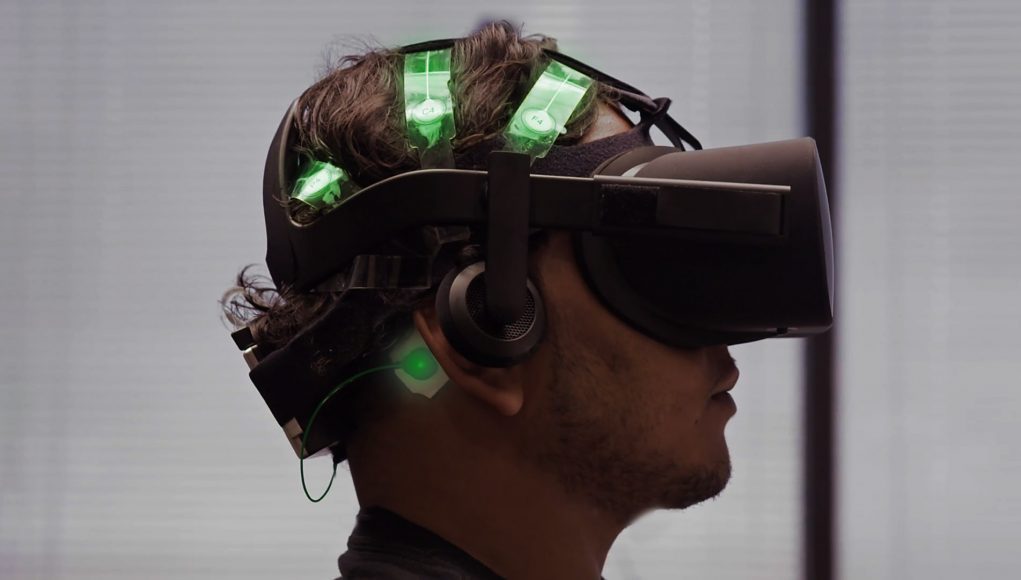
Ramez Naam is the author of The Nexus Trilogy sci-fi novels, which explores the moral and sociological implications of technology that can directly interface with the brain. He gave the keynote at the Experiential Technology Conference in March exploring the latest research into how these interfaces could change the way that we sleep, learn, eat, find motivation to exercise, create new habits of change, and broadcast and receive technologically-mediated telepathic messages.
LISTEN TO THE VOICES OF VR PODCAST
Audio PlayerI had a chance to catch up with him after his talk where we do a survey of existing technologies, where the invasive technologies are headed, the philosophical and moral implications of directly transferring data into the brains, and whether or not it’ll be possible to download our consciousness onto a computer.
Read Further:
- DARPA’s Neural Engineering System Design division has an open challenge to create brain implants that can transfer and receive data from a million neurons.
- Elon Musk’s Neuralink brain-computer interface venture
- A University professor at University of Washington was able to send brain signals to fire in a video game to a colleague a mile away, which caused an unconscious reaction in his finger to press the button.
- MIT’s announcement of a fibers that open new windows into the brain with genetic, chemical, optical, and electrical inputs and outputs.
Support Voices of VR
- Subscribe on iTunes
- Donate to the Voices of VR Podcast Patreon
Music: Fatality & Summer Trip







